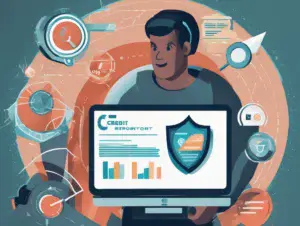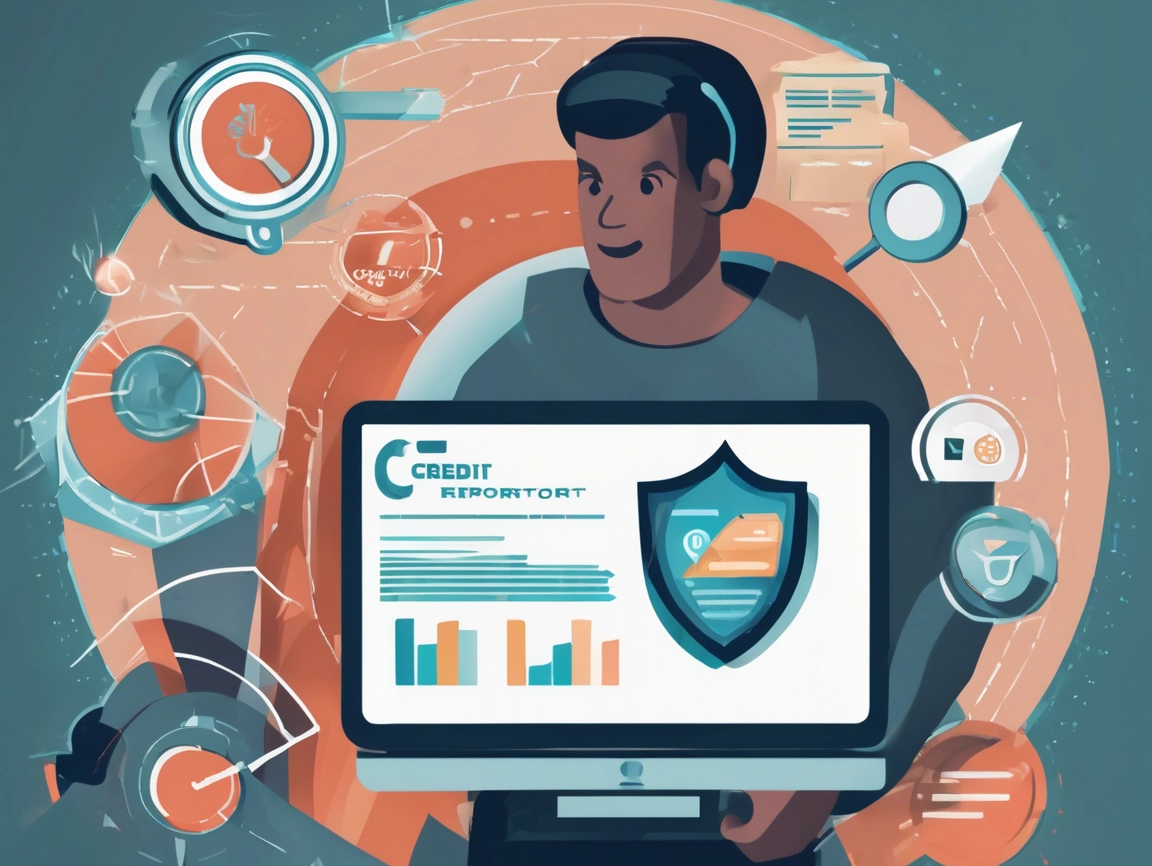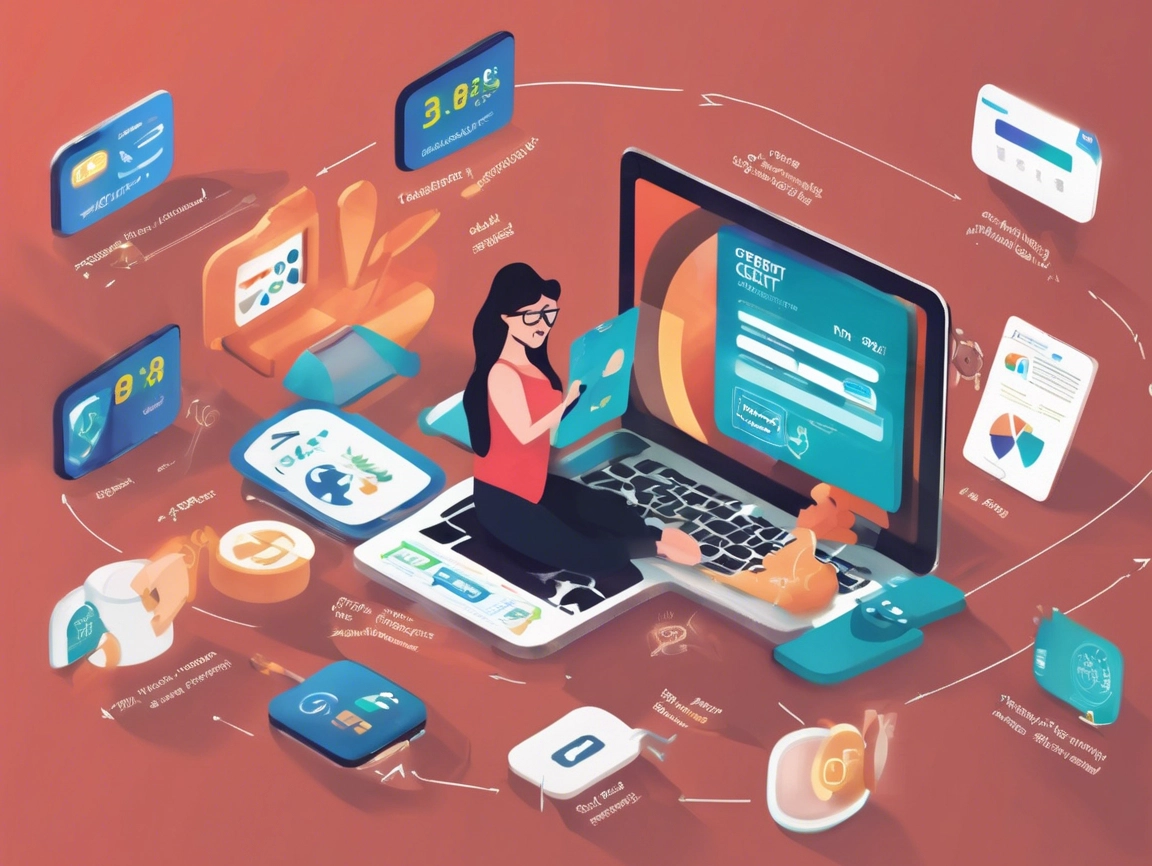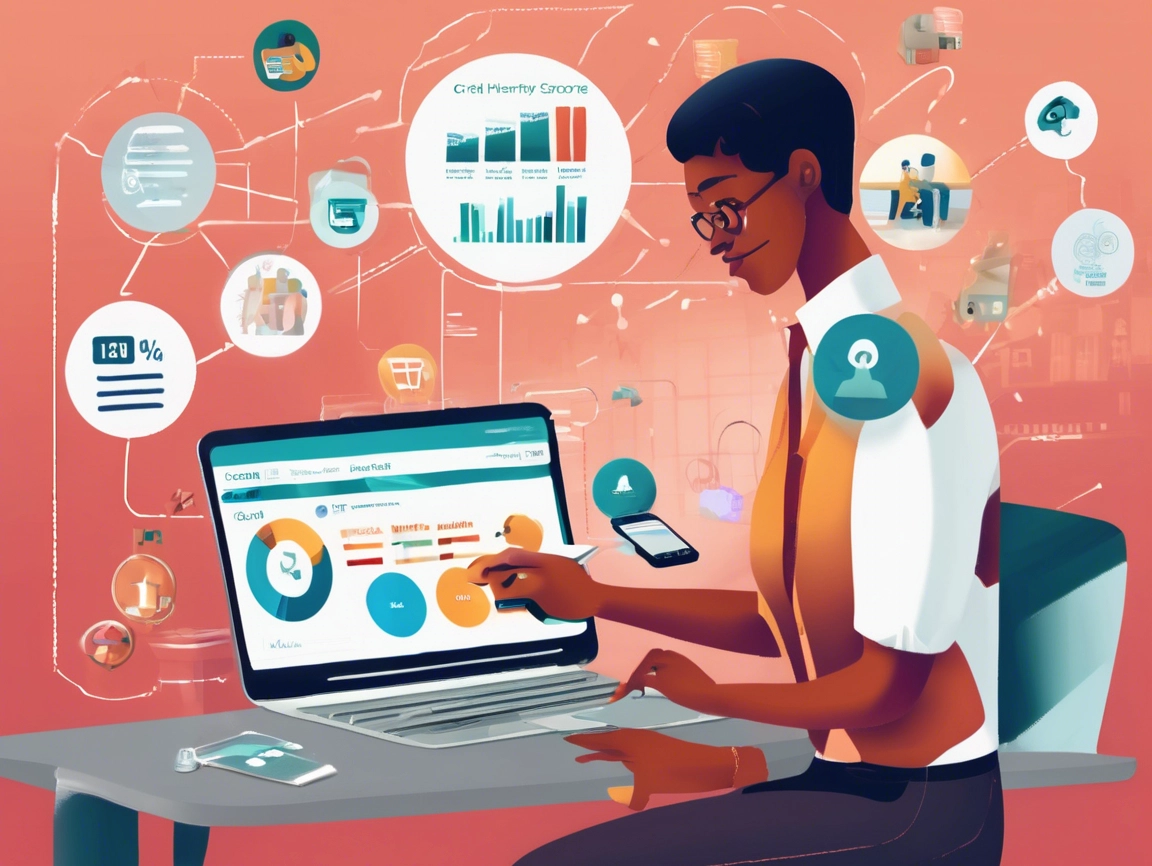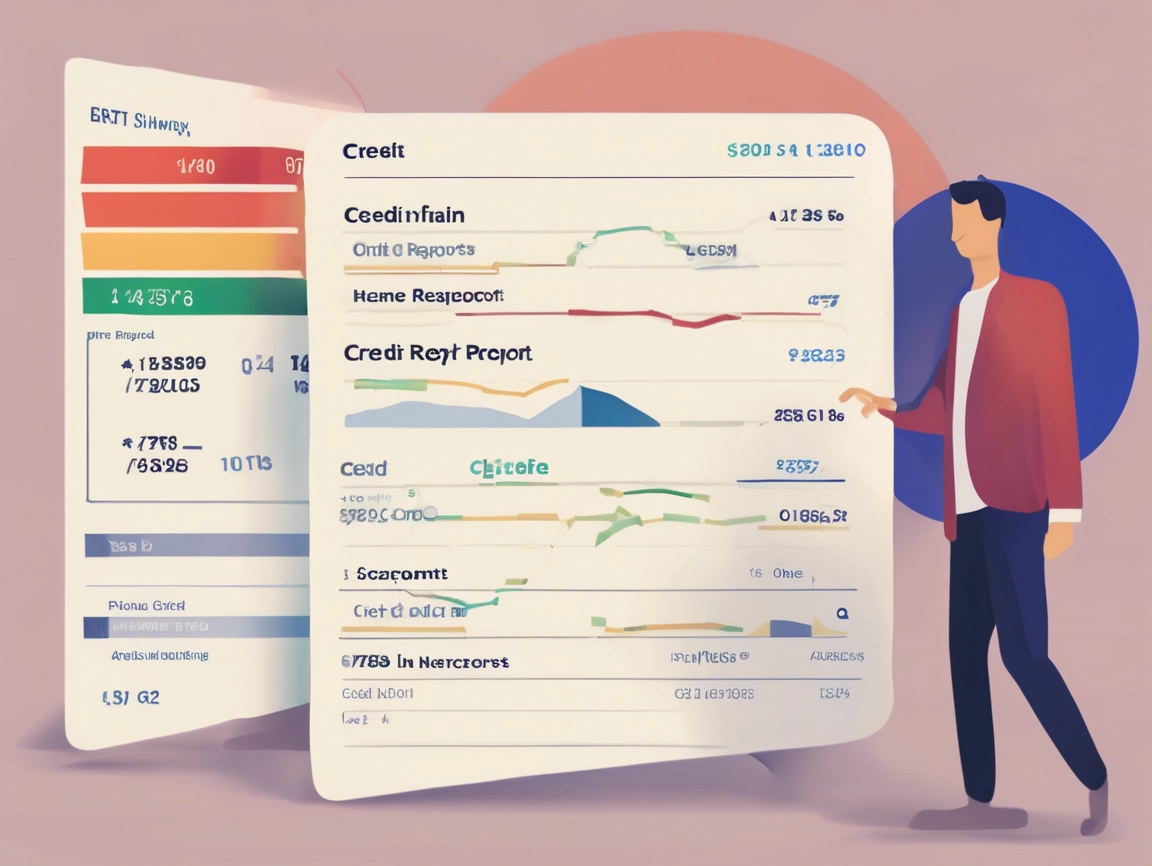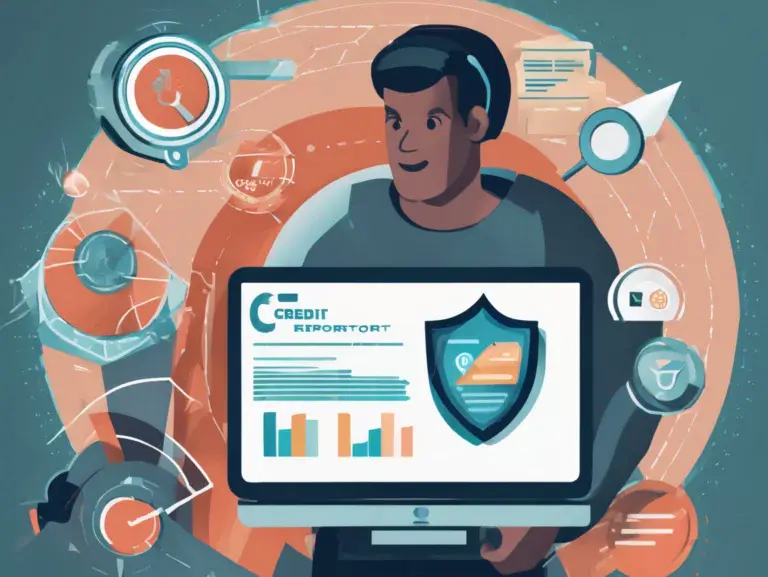Your financial health is one of your greatest assets, and credit monitoring is a powerful tool to ensure it remains intact. But what is credit monitoring, and why does it matter so much? Credit monitoring helps you keep an eye on your credit activity, allowing you to stay informed, catch problems early, and make better financial decisions. Here, we’ll explore why credit monitoring should be an essential part of your financial wellness routine.
What Is Credit Monitoring?
Credit monitoring is a service that tracks changes to your credit report. These changes might include new accounts, credit inquiries, or updates to your loan balances. It acts as an “early warning system” for your credit, alerting you to potential issues like identity theft or errors in your credit history.
While credit monitoring won’t prevent fraud or mistakes, it does give you the information needed to respond quickly if something goes wrong. By staying on top of your credit activity, you can safeguard your financial health and take proactive steps toward improvement.
The Benefits of Credit Monitoring
1. Early Detection of Identity Theft
Imagine someone applies for a credit card or loans using your information. Without credit monitoring, you might not find out until long after the damage is done. Monitoring services notify you when suspicious activity occurs, giving you the chance to act quickly.
Example: If a fraudulent account is opened in your name, a monitoring alert can help you freeze your credit and report the crime before it spirals.
2. Catch Errors Before They Hurt Your Score
Even small mistakes on your credit report—such as an incorrect balance or payment status—can significantly affect your credit score. By regularly reviewing your credit, you can catch and dispute these errors before they impact your financial plans.
Tip: Check all sections of your credit report, from account details to inquiries, to ensure everything is accurate.
3. Maintain and Improve Your Credit Score
Credit monitoring helps you stay aware of the behaviors affecting your score. For instance, you might notice your credit utilization is higher than recommended, or that too many new credit inquiries are dragging your score down. By making adjustments, you can maintain or improve your score.
Pro Tip: Keep your credit utilization below 30% and aim to make all payments on time to boost your credit health.
4. Stay Prepared for Financial Opportunities
Your credit report can be a key factor when applying for a mortgage, car loan, or even a new job. Credit monitoring ensures you’re always aware of your credit status, so you can address red flags before hitting critical milestones.
Example: A lender might offer better rates to borrowers with excellent credit. Monitoring your score can help you prepare to qualify for these advantages.
Choosing the Right Credit Monitoring Service
The market is filled with credit monitoring services, from free options provided by banks to more comprehensive, paid services. Here’s a quick guide to help you choose:
Free Credit Monitoring
- Pros: No cost, basic alerts for changes to your credit report.
- Cons: Limited features, often tracks only one or two credit bureaus.
Ideal for: Anyone who wants basic tracking without extra expenses.
Paid Credit Monitoring
- Pros: More robust tools like multi-bureau monitoring, identity theft protection, and fraud resolution assistance.
- Cons: Monthly fees ($10-$30 on average).
Ideal for: Those with more complex finances or past experiences with fraud.
Integrating Credit Monitoring into Your Routine
- Start with Awareness: Take advantage of free credit monitoring services through your bank or credit card provider to understand the basics.
- Tailor Alerts to Your Needs: Customize notifications for major activities like new credit inquiries or updates to your personal details.
- Check Your Report Regularly: Beyond alerts, review your credit report through AnnualCreditReport.com at least once a year for free access to reports from all major bureaus.
- Be Proactive: Use the insights from monitoring to build better habits, like lowering credit balances and paying bills on time.
Why Credit Monitoring Should Be a Priority
Credit monitoring protects you from identity theft, ensures the accuracy of your credit report, and keeps your financial goals on track. It’s not only about solving problems if they arise—it’s about staying proactive and in control of your finances.
The ability to catch potential issues early and adjust your credit habits when needed is a game-changer. Whether you choose a free service or invest in a paid plan, committing to credit monitoring is one of the smartest financial moves you can make.
Take Action Today
Don’t wait until a problem arises. Start credit monitoring today to protect your financial health and build a secure future. Whether you begin with a free service or opt for added benefits of a paid plan, the peace of mind you’ll gain is priceless. Take the first step now—you deserve it!



